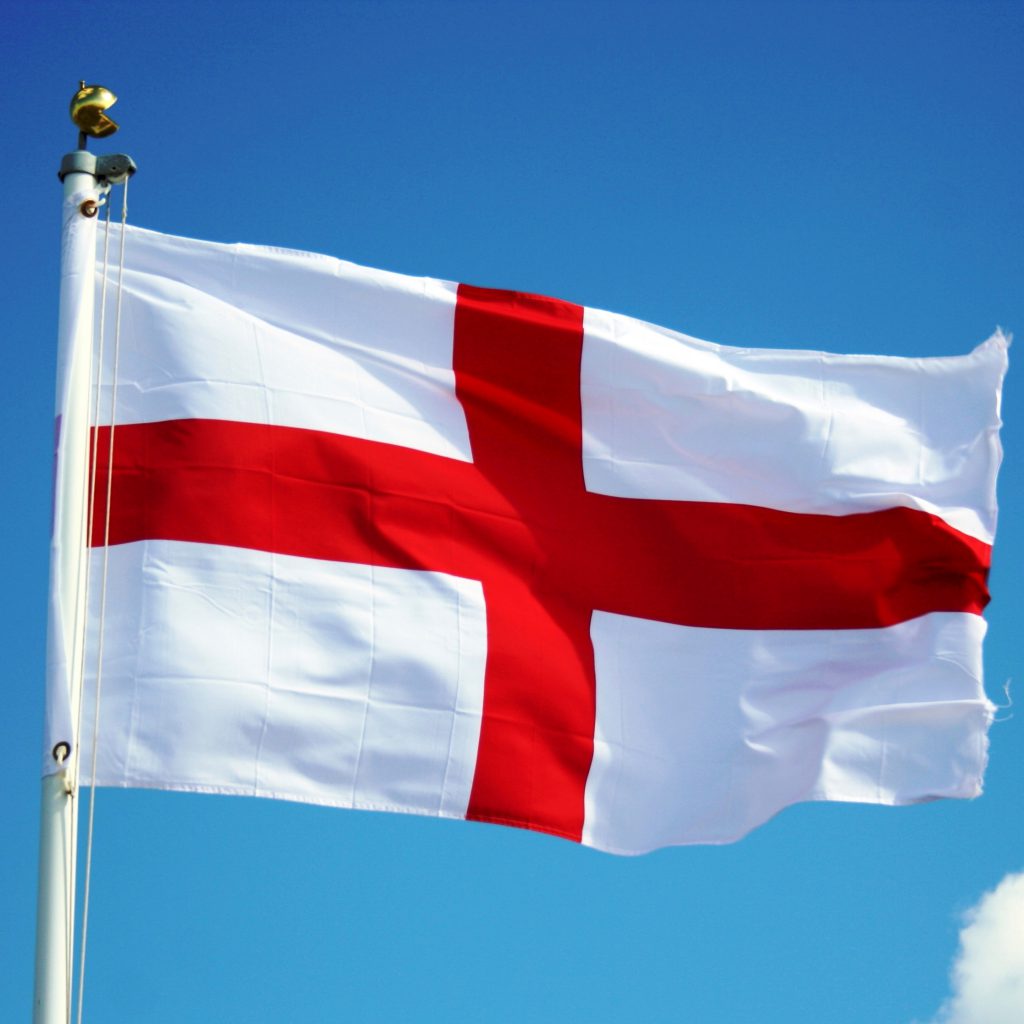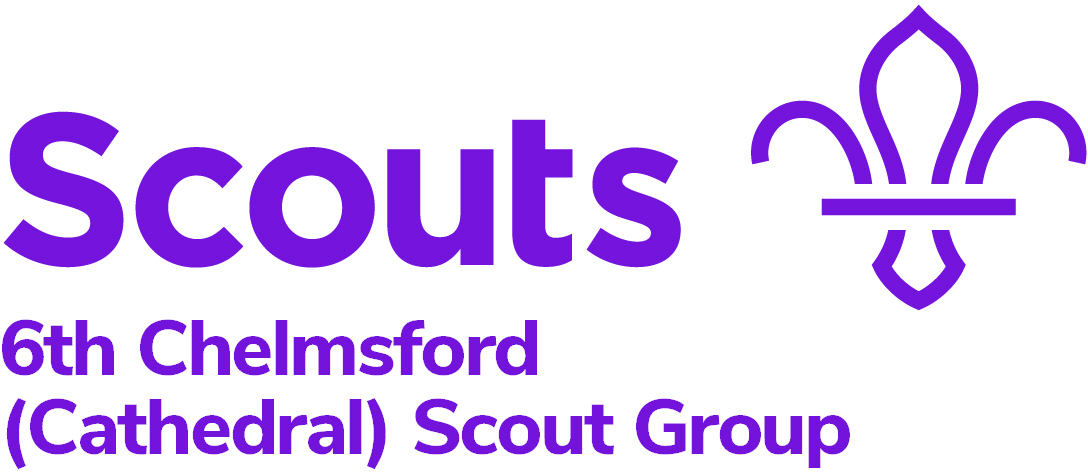Parents FAQ

If your child is interested in Scouting, or you’re keen for them to become involved, take a look at some of the questions we’re most frequently asked by parents/carers.
How can my child benefit from joining Scouts?
In an independent survey of over 2,000 parents of Scouts, nine out of ten parents said Scouting is worthwhile and nine in ten said their children find Scouting enjoyable.
As your child progresses through Scouts you should be able to see signs of the impact their Scouting adventure has on them.
Parents tell us Scouting gives their children more confidence, responsibility and a broader set of friends. Scouting can help develop your child’s social skills and encourage self-sufficiency, and gives them access to activities and opportunities that may have been otherwise unavailable to them. A huge number of parents agreed that since their child joined Scouting family life was easier and they were ‘nicer children to live with’.
I don’t feel I have any suitable skills; how can I get involved?
Parents can volunteer and help in many ways; you don’t have to be a regular Bear Grylls. You might have first aid knowledge that you could teach the group, or you might be able to teach our Scouts a thing or two about DIY.
If you’re good with accounts you could be Group treasurer, or if you’re a culinary whizz you could run cooking sessions with the young people. Everyone has a skill (whether you know it or not) and we can make use of it.
There’s no pressure to continue as a helper or leader afterwards, but hopefully we’ll be able to inspire you by showing how easy and rewarding it can be to volunteer with Scouts.
We’re moving to a new area, can I transfer my child to a new Scout Group?
If you’re moving to a new area, transferring to a new Scout Group can be great way of helping your child settle in and make friends. You should let your child’s current leader know as soon as you can that you’re planning to move.
When you know where you’re moving to, you can contact the local Group directly.
You can also call the Scout Information Centre on 0845 300 1818. They will be able to put you in touch with a Group in your new area.
If you’re moving abroad, the Information Centre will be able to give you the details of the Scout organisation in that country.
My child is moving up a section; what do I need to do to help them prepare?
When the time comes to move up to the next age range, a young person can have mixed feelings: excitement at moving on, sadness at leaving friends behind. Making the transition as smooth as possible goes a long way to helping your child settle into their new section.
First of all you need to check what the process involves with your child’s current Section Leader as it can vary locally. You might need to put your child on a waiting list for the next section or, in some cases, it may happen automatically.
You should also ask whether the new Section Leader will be in touch or if you have to contact them first. Also be aware that meeting times and places may be different in the next section.
If your child has friends in their section that they want to move up with, make sure that the section leader knows about this so that they can help if possible. This could also be a good opportunity to arrange sharing transport to and from meetings.
How much does it cost to send my child to Scouts?
This will vary depending on your Group but it is likely to be between £50 and £100 per year, which is collected weekly, monthly, every term or annually, depending on local arrangements. This fee usually covers the cost of the hire or upkeep of the meeting place. Trips, camps and activities are usually charged separately.
Cost should not be a barrier to anyone taking part in Scouting and if this is an issue, you can speak to the local Section Leader in confidence.
Is there a planned programme of activities for Scouts?
Yes. Behind the fun of Scouting, there is an educational programme that was completely redesigned in 2001 following years of work with educationalists and youth workers. While each Group will undertake different activities, the main programme areas are: outdoor and adventure; global; community; fit for life; creative; and beliefs and attitudes. Group Leaders are trained to deliver this programme.
What do Scouts wear and where can I buy it?
Scouts wear a uniform depending on the age range. All Scouts (adults and young people) wear a coloured scarf or necker, the colour of which varies depending on the Group. Uniform can either be bought from Scout Shops or your local district Scout Shop (the adults in your child’s Group will be able to give you more information).

Why does Scouting celebrate St George’s Day?
Baden-Powell chose St George as the Patron Saint of Scouting and his story is a celebration of triumph over adversity.
In ‘Scouting for Boys’, Baden-Powell referred to the Knights of the Round Table in the Arthurian Legend and to St. George who was their Patron Saint. He then went on: “He is also the Patron Saint of Scouts everywhere. Therefore all Scouts should know his story. St. George was typical of what a Scout should be. When he was faced by a difficulty or danger, however great it appeared, even in the shape of a dragon – he did not avoid it or fear it but went at it with all the power he could … That is exactly the way a Scout should face a difficulty or danger no matter how great or how terrifying it may appear. He should go at it boldly and confidently, using every power that he can to try and overcome it, and the probability is that he will succeed.”
“St. George’s Day is April 23, and on that day, Scouts remind themselves of their Promise and Scout Law. Not that a Scout ever forgets either but, on St. George’s Day, he makes a special point of thinking about them. Remember this when April 23 comes round again”.
So, the Sunday nearest to St. George’s Day has become an annual occasion for United Kingdom Scouts to hold ceremonies when they reaffirm their Promise and acknowledge the Scout Law in a national act of dedication.
St. George in History and in Legend – It is thought that St. George came from Cappadocia in Asia Minor and lived at the time of the Roman Emperor, Diocletian, AD 245 to 313, and became a high ranking cavalry officer in the Army of Rome. He refused to carry out Diocletian’s orders for Christian persecution and, in consequence, suffered torture and death himself. He was canonised in AD 494, Pope Gelasius proclaiming him one of those “whose names are justly revered among men but whose acts are known only to God”.
The legend of St. George, which is an allegory illustrating the triumph of good over evil, tells how he rode into the city of Silene in what is now Libya, to find the people terrorised by a dragon which was fed daily with one of the citizens. The next victim was to be Cleolinda, daughter of the King, but St. George rode out, slew the dragon and freed the people from their oppressor.
Thus, whether in the context of history or legend, to Baden-Powell, St. George epitomised the qualities of selflessness and both moral and physical courage which he saw as being among the aims of Scouting. Read the story of St George
Why is the Scout handshake done with the left hand?
Scouts across the world all greet each other with a left-handed handshake and that it is a sign of trust and friendship but why did and how did Baden Powell come to decide to use it when he formed the Scout Movement?
There is a story that when Baden Powell entered Kumasi, the capital city of the Ashanti he was met by one of the Great Chiefs of the Ashanti, he saluted them and then offered his right hand out as a sign of friendship, but the Chief transferred his shield which he held in his left hand to his right which contained his spear and offered his left hand as a sign of friendship. When asked why Baden Powell was told that by offering his left hand which traditionally was used to hold a shield for protection he was showing his trust to his enemy or friend for with out the shield for protection he was open to attack.
How much does it cost?
Whether you are a Scout, a Cub or a Beaver it will cost £40 per term for your weekly sessions. There may be other optional activities that incur an extra cost from time to time.
Subs are paid to the Subscriptions Secretary for Beavers subs are paid per term, for Cubs and Scouts subs are paid in September at the start of the Scouting year.
Scouting is about everyone being able to join the adventure and we at Chelmsford don’t want young people to miss out due to the cost. If you’re concerned about the cost, please speak to us in confidence; there may be assistance available. Contact the Group Scout Leader.
There are reduced fees for children of regular Parent Helpers and Uniformed Leaders. If you would like to help out in either of these capacities then contact the Group Scout Leader.
